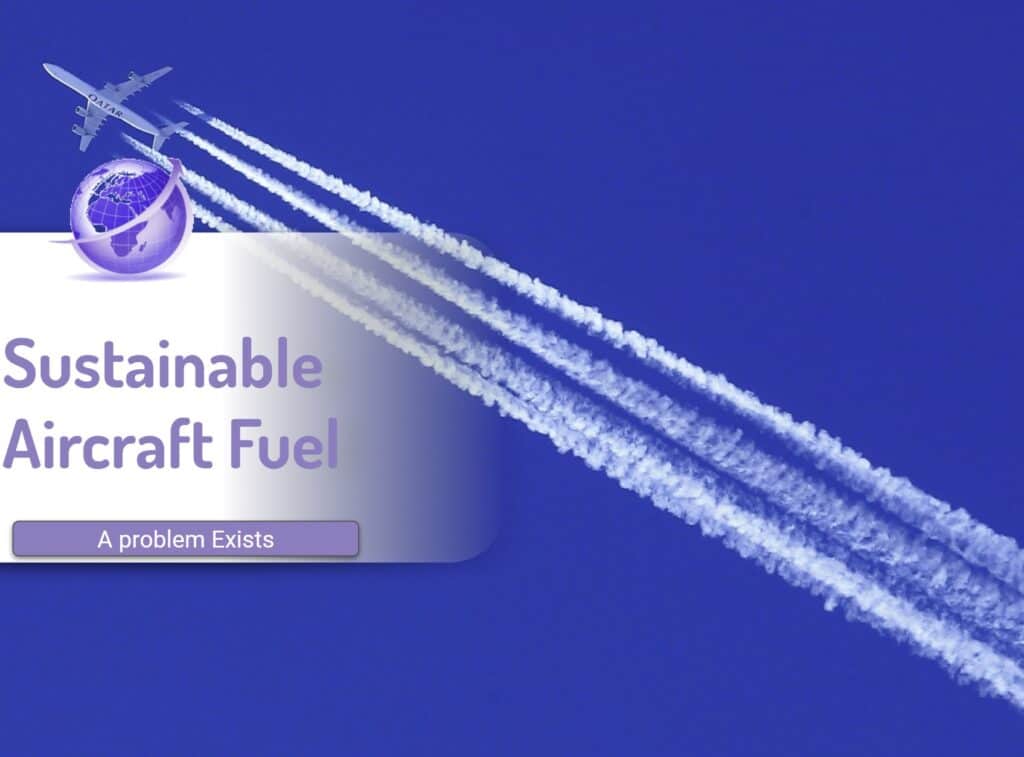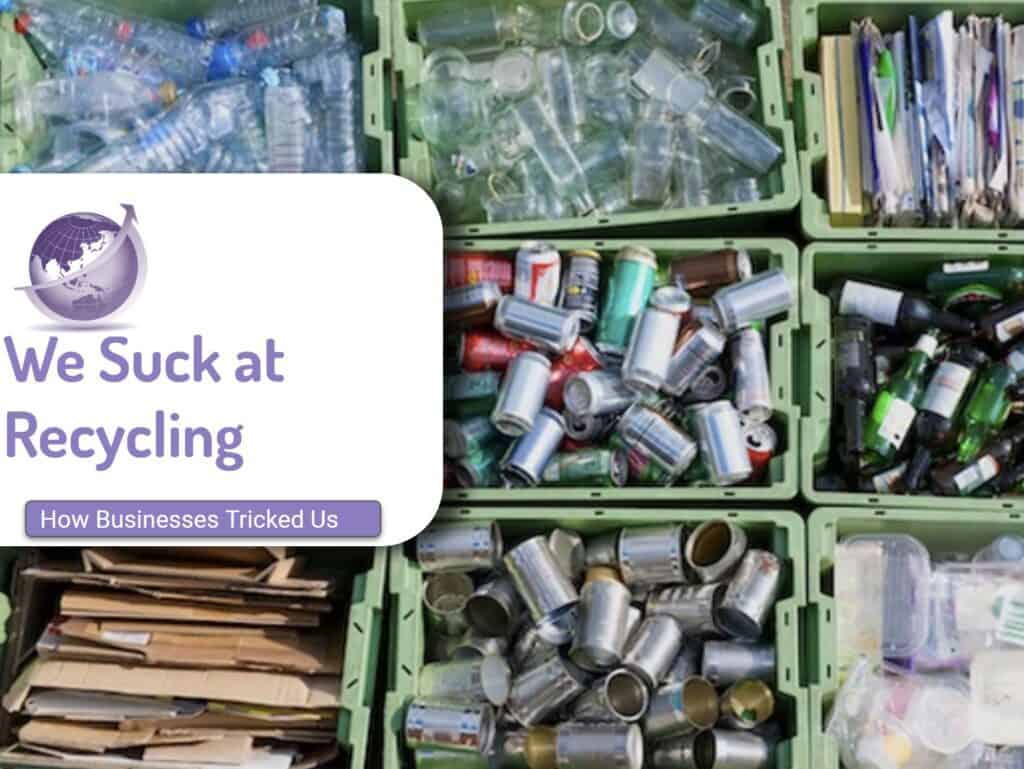Sustainable aviation fuels are one option for reducing airplane emissions. Battery powered electric planes will reduce emissions. Hydrogen may be another option. SAF (Sustainable Aviation Fuels) . are unlikely. The cost of SAF or H2 are too high. although some in the industry suggest prices will fall. SAF includes biofuel and synthetic fuels.
This is a consumer business that makes the largest slice of its profits from an increasingly environmentally-conscious global middle class. The airline industry doesn’t want to be cast as a bad actor. Fixing that image problem is hard. The aviation sector hasn’t got a carbon-free technology on hand to eliminate its emissions.
Flying is a highly controversial topic in climate debates. Flying accounts for ~2.5% of global CO₂ emissions, and rises to 3.5% when we take non-CO₂ impacts on climate into account. (Our World In Data)
Electric aeroplanes for short-haul – or under 1 hour flying will have zero emissions. No solutions exist for long-haul flights of greater than 2 hours.

Burning fuel at altitude has serious environmental impacts. All fuel burnt produces brown or black particle pollution and the production of particles at elevation is particularly severe. DOE
Lack of Sustainable Aviation Fuels
There are “no initiatives or commercially viable technologies in operation. Green claims of ‘sustainable aviation is false. That was the conclusion of the Advertising Standards Authority about Etihad who was claiming SAF was “green”.
Courts targeted Ryanair and Lufthansa for making greenwashing claims as well.
In a hard hitting review Bloomberg points out the challenges. The IATA (International Air Transport Association) promises the sector will hit net zero emissions by 2050, It has no realistic pathway!
40% of Agriculture is for Animals and Fuel
A societal move to electric vehicles will free up the 40% of agriculture which provides ethanol for E10 mixes. Ethanol production is predominately from either USA or Brazil.

Cooking Oil Is Not a Solution
Cooking oil is of limited supply and the price follows costs of jet kerosene.

https://www.bloomberg.com/opinion/articles/2023-04-18/climate-change-sustainable-aviation-claims-don-t-stack-up?
Will Batteries Power Airplanes?
In a review of batteries winning the race for transportation, a key factor is the energy density of batteries. EV lithium ion cars use batteries of about 250 Wh/kg. Newer Li-IOn batteries can be as high as 400. CATL has just released a battery at 500 Wh/kg that will be in production in late 2023. Lithium Air shows promise of 800 Wh/kg. These battery improvements extend the range and the payload for airplanes. 80% of all flights are less than 1 hour duration.









